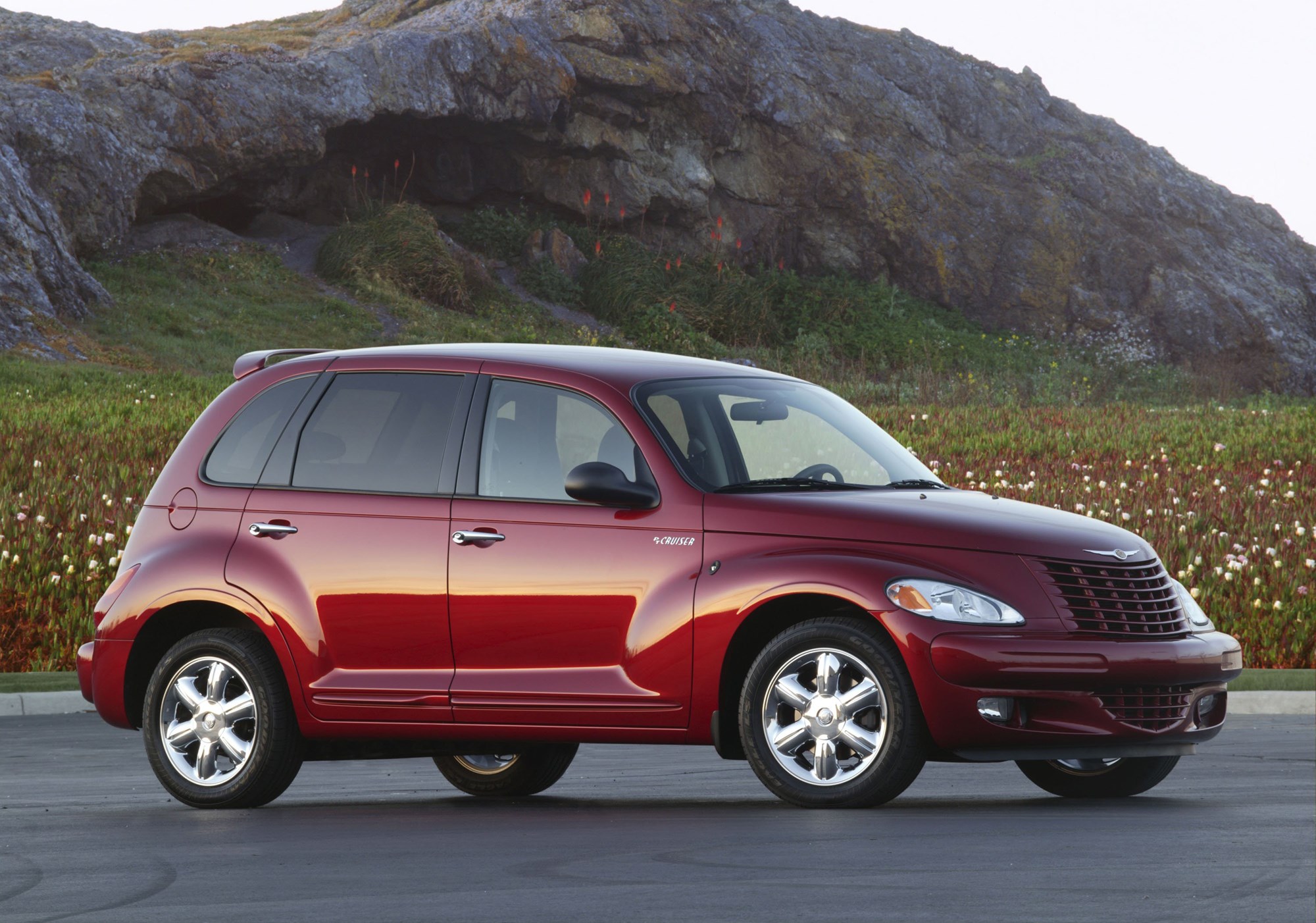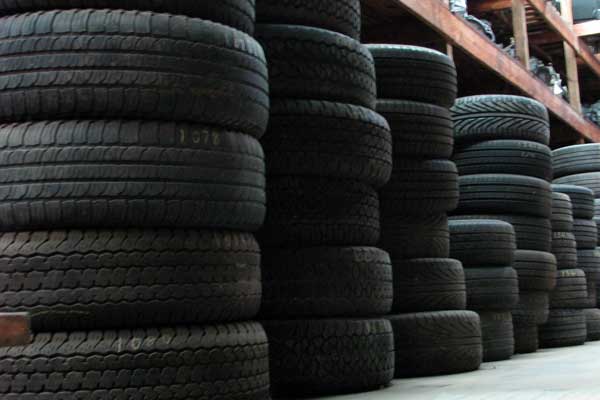Car AC Compressor Brands: Your Guide to Keeping Cool on the Road
Car AC Compressor Brands: Your Guide to Keeping Cool on the Road cars.truckstrend.com
Imagine a hot summer day, stuck in traffic, and your car’s air conditioning suddenly decides to blow warm, stale air. Frustrating, isn’t it? More often than not, the culprit behind a failing AC system is the AC compressor – the very heart of your vehicle’s cooling mechanism. This essential component is responsible for pressurizing the refrigerant, allowing your car’s AC system to absorb heat from the cabin and keep you comfortable.
Choosing the right car AC compressor brand isn’t just about getting cold air; it’s about ensuring reliability, durability, and compatibility with your specific vehicle. With a multitude of brands flooding the market, both original equipment manufacturers (OEMs) and reputable aftermarket providers, navigating the options can be daunting. This comprehensive guide will delve into the world of car AC compressor brands, helping you make an informed decision to keep your journeys cool and comfortable.
Car AC Compressor Brands: Your Guide to Keeping Cool on the Road
Understanding the AC Compressor’s Vital Role
Before diving into brands, it’s crucial to understand what the AC compressor does. In a nutshell, it’s a pump driven by your engine’s serpentine belt. Its primary function is to compress the gaseous refrigerant (often R-134a or R-1234yf) from a low-pressure, low-temperature state to a high-pressure, high-temperature state. This pressurized gas then moves to the condenser, where it releases heat to the outside air and condenses into a liquid. The liquid then travels through an expansion valve or orifice tube, where its pressure drops, causing it to rapidly cool. This cold, low-pressure liquid then enters the evaporator coil inside your car’s cabin, absorbing heat from the air blown across it, thus cooling the interior. The now warm, low-pressure gaseous refrigerant returns to the compressor, and the cycle continues.
Signs of a failing compressor include:
- No cold air: The most obvious symptom.
- Strange noises: Grinding, squealing, or clunking sounds when the AC is on.
- Compressor clutch issues: The clutch failing to engage or making excessive noise.
- Leaking refrigerant: Although not always the compressor itself, a failing compressor seal can lead to leaks.

Key Factors When Choosing a Compressor Brand
Selecting the right AC compressor goes beyond just picking a name. Several critical factors influence your decision:
1. OEM vs. Aftermarket: The Quality Spectrum
- OEM (Original Equipment Manufacturer): These are the brands that supply compressors directly to car manufacturers for installation in new vehicles. They are designed to meet exact specifications and often offer the highest quality, reliability, and perfect fitment. Examples include Denso, Sanden, Valeo, and Delphi. The downside is often a higher price tag.
- Aftermarket: These brands produce compressors designed to be compatible with various vehicle makes and models after the car has left the factory. Aftermarket options can vary widely in quality and price. Reputable aftermarket brands can offer excellent value, often meeting or exceeding OEM specifications, while budget-tier options might compromise on durability.

2. Vehicle Compatibility
This is non-negotiable. An AC compressor is specific to your car’s make, model, year, and even engine size. Always verify compatibility using your Vehicle Identification Number (VIN) to ensure proper fitment and function. A compressor that doesn’t fit perfectly will lead to installation headaches and potential system failure.

3. Quality and Durability
A compressor is a significant investment. Look for brands known for their robust construction, high-quality internal components, and stringent manufacturing processes. A durable compressor will save you from repeat repairs down the line.
4. Warranty
A good warranty is a testament to a brand’s confidence in its product. Look for compressors with at least a 1-year warranty, though some premium brands offer longer coverage. Understand what the warranty covers and any conditions (e.g., professional installation, system flush requirements).
5. Price
While price is a factor, it shouldn’t be the sole determinant. A cheaper compressor might save you money upfront but could cost more in the long run due to premature failure or inefficient operation. Balance cost with quality and warranty.
6. New vs. Remanufactured
- New: A brand-new compressor from the factory. Generally the most reliable option.
- Remanufactured (or Rebuilt): An old compressor that has been disassembled, cleaned, inspected, and had worn or faulty components replaced with new ones. Remanufactured units can be a cost-effective alternative, but quality varies greatly between rebuilders. Ensure it comes from a reputable source with a solid warranty.
Leading Car AC Compressor Brands
Here’s a look at some of the most prominent and reputable car AC compressor brands you’ll encounter in the market:
1. Denso
- Type: Primarily OEM, also a strong aftermarket presence.
- Key Characteristics: A Japanese giant, Denso is a leading global supplier for many automotive manufacturers (Toyota, Honda, GM, Ford, etc.). Renowned for exceptional quality, reliability, and innovative technology. Their compressors are known for quiet operation and long lifespan.
- Common Applications: Widely used across Asian, European, and American vehicles.
2. Sanden
- Type: Primarily OEM, also a strong aftermarket presence.
- Key Characteristics: Another global leader, Sanden is a Japanese company known for manufacturing robust and efficient compressors. They are a common OEM choice for many European and American vehicles, as well as heavy-duty and off-road applications. Their products are synonymous with durability.
- Common Applications: Volkswagen, Audi, Mercedes-Benz, Ford, agricultural machinery.
3. Valeo
- Type: Primarily OEM, also a strong aftermarket presence.
- Key Characteristics: A French automotive supplier, Valeo is a major OEM for European car brands (BMW, Audi, Peugeot, Renault, etc.). They are known for their innovative designs, lightweight components, and commitment to energy efficiency. Valeo compressors are often found in premium vehicles.
- Common Applications: European luxury and mainstream vehicles.
4. Delphi Technologies
- Type: OEM and strong aftermarket presence.
- Key Characteristics: An American company with a long history in automotive parts, Delphi offers a wide range of compressors for various applications. They focus on delivering OE-quality performance in their aftermarket products, emphasizing durability and efficiency.
- Common Applications: GM, Ford, and a wide array of other domestic and import vehicles.
5. Four Seasons (Everco/Standard Motor Products)
- Type: Aftermarket.
- Key Characteristics: One of the largest aftermarket suppliers in North America, Four Seasons (a brand of Standard Motor Products) offers an extensive catalog covering a vast range of vehicles. They are known for providing good value and broad availability, making them a popular choice for replacements. Quality is generally reliable for the price point.
- Common Applications: Extremely broad coverage for domestic and import vehicles.
6. ACDelco
- Type: OEM and aftermarket.
- Key Characteristics: The official aftermarket parts brand for General Motors vehicles. ACDelco offers compressors that are either identical to the original GM part or designed to meet GM’s stringent specifications. While primarily for GM vehicles, they do offer parts for other makes as well. Known for reliable performance in GM applications.
- Common Applications: Chevrolet, GMC, Buick, Cadillac, Pontiac, Saturn.
7. UAC (Universal Air Conditioner)
- Type: Aftermarket.
- Key Characteristics: UAC is a rapidly growing aftermarket brand known for its comprehensive product catalog and competitive pricing. They offer compressors for a vast array of domestic and import vehicles, often including the necessary accumulator/drier and expansion valve for a complete system replacement.
- Common Applications: Very broad coverage across domestic and import models.
8. GPD (Global Parts Distributors)
- Type: Aftermarket.
- Key Characteristics: Similar to UAC, GPD is a major aftermarket supplier that focuses on providing high-quality, cost-effective AC components. They offer a wide selection of compressors that meet or exceed OEM specifications, often bundled with related components for easier installation.
- Common Applications: Extensive coverage for a wide range of vehicles.
Tips for Longevity and Maintenance
Even the best compressor can fail prematurely without proper care.
- Regular System Checks: Have your AC system inspected annually by a certified technician.
- Maintain Proper Refrigerant Levels: Low refrigerant indicates a leak, which can starve and damage the compressor.
- Run Your AC Regularly: Even in winter, run your AC for 10-15 minutes once a month to keep seals lubricated and prevent seizing.
- Address Leaks Promptly: Leaks not only cause a loss of cooling but also allow moisture and contaminants into the system, which are highly detrimental to the compressor.
- Professional Installation: Always have a certified technician install a new compressor. This ensures proper vacuuming of the system, correct refrigerant charging, and adherence to all necessary pre-installation steps (like flushing).
Potential Challenges and Solutions
- Incorrect Diagnosis: A failing compressor is often misdiagnosed. Always get a thorough professional inspection. The issue might be a simple fuse, a bad relay, or a low refrigerant charge.
- System Contamination: When a compressor fails, it can send metal shavings and debris throughout the AC system. If not properly flushed, these contaminants will quickly destroy a new compressor. Always flush the system and replace the accumulator/dryer and orifice tube/expansion valve when replacing a compressor.
- Improper Installation: An incorrectly installed compressor or improperly charged system can lead to immediate failure. Trust only certified AC technicians.
- Counterfeit Parts: Be wary of unusually low prices. Always purchase from reputable auto parts stores or authorized dealers to avoid counterfeit or sub-standard parts.
Practical Advice and Actionable Insights
- Do Your Homework: Before buying, research the specific compressor required for your vehicle. Use your VIN to ensure precise compatibility.
- Prioritize Quality: While budget is a concern, compromising on compressor quality often leads to more expensive repairs down the road. Invest in a reputable brand with a good warranty.
- Consider a Complete Kit: Many aftermarket brands offer "compressor kits" that include the new compressor, accumulator/dryer, and expansion valve/orifice tube. This is often the most sensible approach as these components should ideally be replaced alongside the compressor to ensure system integrity and validate warranties.
- Factor in Installation Costs: The cost of the part is only half the battle. Professional installation, including system flushing and recharging, can be significant. Get quotes upfront.
Car AC Compressor Brands: Representative Price Table
Disclaimer: The prices listed below are estimated ranges for a new compressor (excluding installation, refrigerant, or other components like accumulators/dryers) and can vary wildly based on vehicle make/model, specific part number, retailer, and market fluctuations. Always get an exact quote for your specific vehicle.
| Brand | Type (OEM/Aftermarket) | Typical Price Range (New) | Key Characteristics | Common Applications |
|---|---|---|---|---|
| Denso | OEM / Aftermarket | $300 – $800+ | Top-tier quality, highly reliable, quiet operation, global OEM supplier. | Toyota, Honda, Subaru, Lexus, Acura, some GM & Ford. |
| Sanden | OEM / Aftermarket | $250 – $750+ | Robust, durable, efficient, strong OEM presence in European and heavy-duty. | VW, Audi, Mercedes-Benz, Ford, Volvo, agricultural. |
| Valeo | OEM / Aftermarket | $280 – $700+ | Innovative designs, energy-efficient, common OEM for European premium brands. | BMW, Audi, Mercedes-Benz, Peugeot, Renault, Porsche. |
| Delphi | OEM / Aftermarket | $220 – $600+ | OE-quality performance in aftermarket, wide application, focuses on durability. | GM, Ford, Chrysler, and a broad range of import vehicles. |
| Four Seasons | Aftermarket | $180 – $450 | Extensive vehicle coverage, good value, widely available, popular replacement. | Very broad coverage for most domestic and import vehicles. |
| ACDelco | OEM / Aftermarket | $200 – $550 | GM’s official parts brand, OE-spec quality for GM vehicles. | Chevrolet, GMC, Buick, Cadillac, Pontiac, Saturn. |
| UAC (Universal) | Aftermarket | $150 – $400 | Competitive pricing, comprehensive catalog, often bundled with other components. | Extremely broad coverage across domestic and import models. |
| GPD (Global) | Aftermarket | $140 – $380 | Cost-effective, wide selection, often meets/exceeds OEM specs. | Extensive coverage for a wide range of vehicles. |
Frequently Asked Questions (FAQ)
Q1: How much does it cost to replace a car AC compressor?
A: The total cost can range from $500 to $1,500 or more, depending on the vehicle, the specific compressor brand (OEM vs. aftermarket), and labor rates. This typically includes the compressor part itself ($150-$800+), an accumulator/dryer and expansion valve/orifice tube (often required), refrigerant, and labor (which involves evacuating the old refrigerant, flushing the system, installing new parts, and recharging).
Q2: Can I replace my AC compressor myself?
A: While it’s technically possible for an experienced DIYer, it’s highly recommended to have a certified professional handle AC compressor replacement. The process involves handling refrigerants (which require special equipment and licenses), vacuuming the system, precise charging, and often flushing the entire system. Improper installation can lead to immediate failure of the new compressor and damage to other components, voiding warranties.
Q3: What are the common signs of a bad AC compressor?
A: The most common signs include:
- No cold air or only intermittently cold air.
- Loud noises (grinding, clunking, squealing) when the AC is on.
- The compressor clutch not engaging or staying engaged.
- Visible leaks around the compressor body.
- The engine struggling or stalling when the AC is turned on.
Q4: Should I replace other parts when replacing the compressor?
A: Absolutely, yes. It is highly recommended, and often required for warranty validation, to replace the following components along with the compressor:
- Accumulator/Receiver-Drier: Absorbs moisture and filters debris. It’s a critical component to replace to prevent contamination of the new compressor.
- Orifice Tube/Expansion Valve: These control refrigerant flow and can become clogged with debris from a failing compressor.
- System Flush: The entire AC system should be thoroughly flushed to remove any metal shavings or contaminants left by the old compressor. Failing to do so is the most common cause of premature new compressor failure.
Q5: What’s the difference between a new and a remanufactured compressor?
A: A new compressor is freshly manufactured with all new components. A remanufactured (or rebuilt) compressor is a used compressor that has been disassembled, cleaned, inspected, and had worn parts (like seals, bearings, and sometimes pistons/valves) replaced with new ones. Remanufactured units are typically more affordable but vary in quality depending on the rebuilder. Always ensure a remanufactured unit comes from a reputable source with a good warranty.
Conclusion
The car AC compressor is an indispensable component for your driving comfort. While its failure can be inconvenient and costly, understanding the various brands and crucial selection factors can empower you to make an informed decision. Whether you opt for the proven reliability of an OEM like Denso or Sanden, or the value offered by reputable aftermarket brands such as Four Seasons or UAC, prioritizing quality, compatibility, and professional installation will ensure your investment pays off. A well-chosen and properly installed AC compressor means you can enjoy many more miles of cool, comfortable driving, no matter how high the mercury rises.






